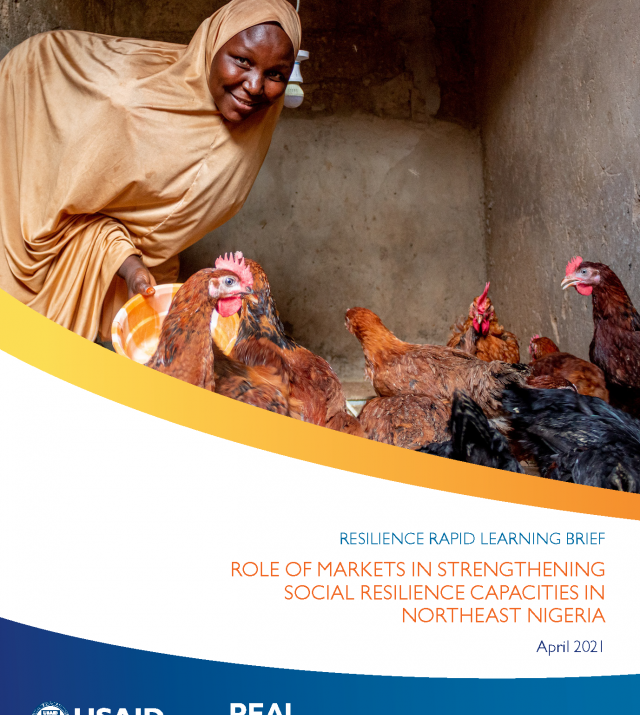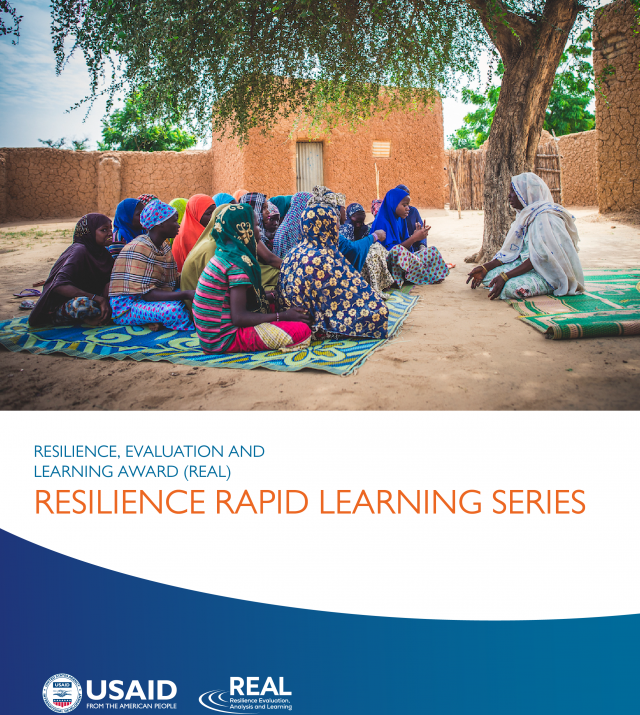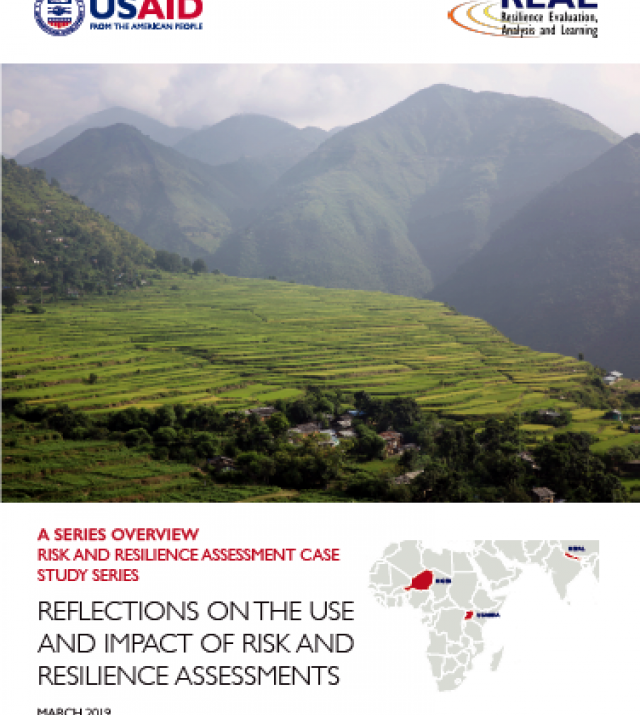
Rapid Resilience Learning Brief: Harnessing Local Sources of Social Cohesion in Niger

This brief examines factors that contribute to local-level variation in social cohesion in order to improve programming. Hypothesized to reduce violence, social cohesion is a necessary component for building resilience and improving long-term well-being outcomes in areas prone to ongoing conflicts, natural disasters, and other shocks and stresses.
Analyzing baseline survey data from USAID’s Preventing violent Extremism Actions through increased social Cohesion Efforts (PEACE) program in the Tillabéri region of Niger, this brief considers six dimensions of social cohesion: trust, tolerance, inclusion, cooperation, interactions between groups, and collective action. Additionally, the brief looks at contextual factors that are associated with variation in local cohesion, including governance, the participation of women and youth in conflict management and peacebuilding, and patterns of peace and security within the community.
Key findings from Niger provide examples of both strong and weak dimensions of social cohesion and demonstrate the variations in these relationships across villages. Incorporating social cohesion considerations across programs enables the implementation to be more inclusive and better target social cleavages, laying the foundation for long-term peace and resilience.
Read more in the REAL’s Resilience Rapid Series. This series provides the practitioner and donor communities with insights and emerging evidence on how to build resilience in protracted crises and conflict-affected settings. This series documents promising program approaches and contextual insights through research, case studies, and technical analysis.

